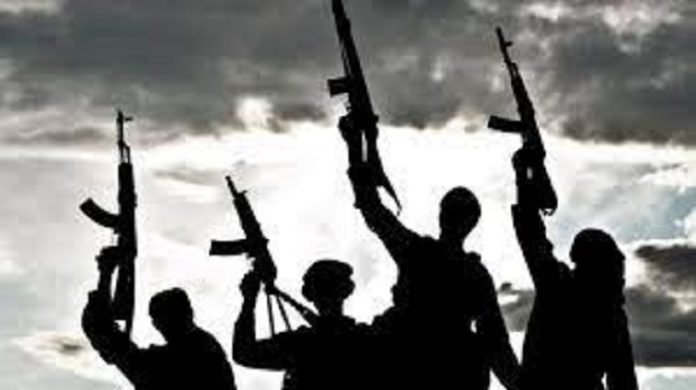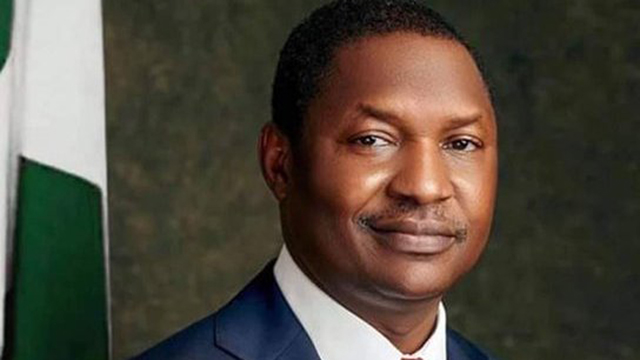
• Nigeria pays N85b debt, $54m levy owed ECOWAS
• Tinubu at 66th Ordinary Session, urges cooperation among members
The Economic Community of West African States (ECOWAS), yesterday, in Abuja, officially approved the withdrawal of Niger, Mali and Burkina Faso from the regional bloc.
The decision, taken by the Authority of ECOWAS Heads of State and Government, marks a significant shift in the geopolitical landscape of West Africa. This was as Nigeria paid off an accumulated debt of N85 billion and $54 million outstanding levy owed the ECOWAS.
Disclosing this at the end of the 66th Ordinary Summit of the Authority of Heads of State and ECOWAS Commission, Dr Omar Alieu Touray, said the three countries would formally cease to be members of ECOWAS on January 29, 2025, in accordance with Article 91 of the revised ECOWAS treaty.
Following their notifications to withdraw, the regional bloc outlined a transitional period from January 29 to July 29, 2025, keeping its doors open for the countries to reconsider their decision.
Acknowledging the diplomatic efforts led by Senegalese President Bassirou Faye, Togolese President Faure Gnassingbé, and ECOWAS Chairman Bola Tinubu, the bloc emphasised its commitment to fostering dialogue.
It further said the Authority extended the mandates of Presidents Gnassingbé and Faye to continue mediation efforts throughout the transition period. It said ECOWAS, during the transitional phase, will focus on preparing for the separation.
ECOWAS also tasked its Commission President to initiate withdrawal formalities after January 29, 2025, and developing a contingency plan to address political and economic relations with the departing nations.
Additionally, the ECOWAS Council of Ministers will convene an extraordinary session in mid-2025 to finalise separation modalities and the contingency plan.
In January 2024, the three countries announced their decision to withdraw from ECOWAS. They accused the regional bloc of deviating from its foundational ideals and succumbing to external influences, particularly criticising the imposition of sanctions aimed at reversing their respective coups.
The ECOWAS decision followed a series of military takeovers: Mali in 2020 and 2021, Burkina Faso in 2022, and Niger in 2023, each leading to suspensions from the regional body and strained relations with the organisation.
During its 65th session in Abuja, Tinubu had tasked member states to fulfil financial commitments to the body to effectively tackle the myriad security challenges besetting the area.
The Nigerian leader had noted that substantial financial resources were needed to operationalise the ECOWAS Standby Force (ESF) and combat terrorism, banditry and violent extremism among others.
He called for cooperation among member states in protecting citizens and providing an enabling environment for the people to thrive, noting that economic cooperation had been bolstered by the body’s several policy actions.
While commending Ghana and Senegal for holding successful presidential and parliamentary elections respectively, he urged the countries in the region to learn from them.






